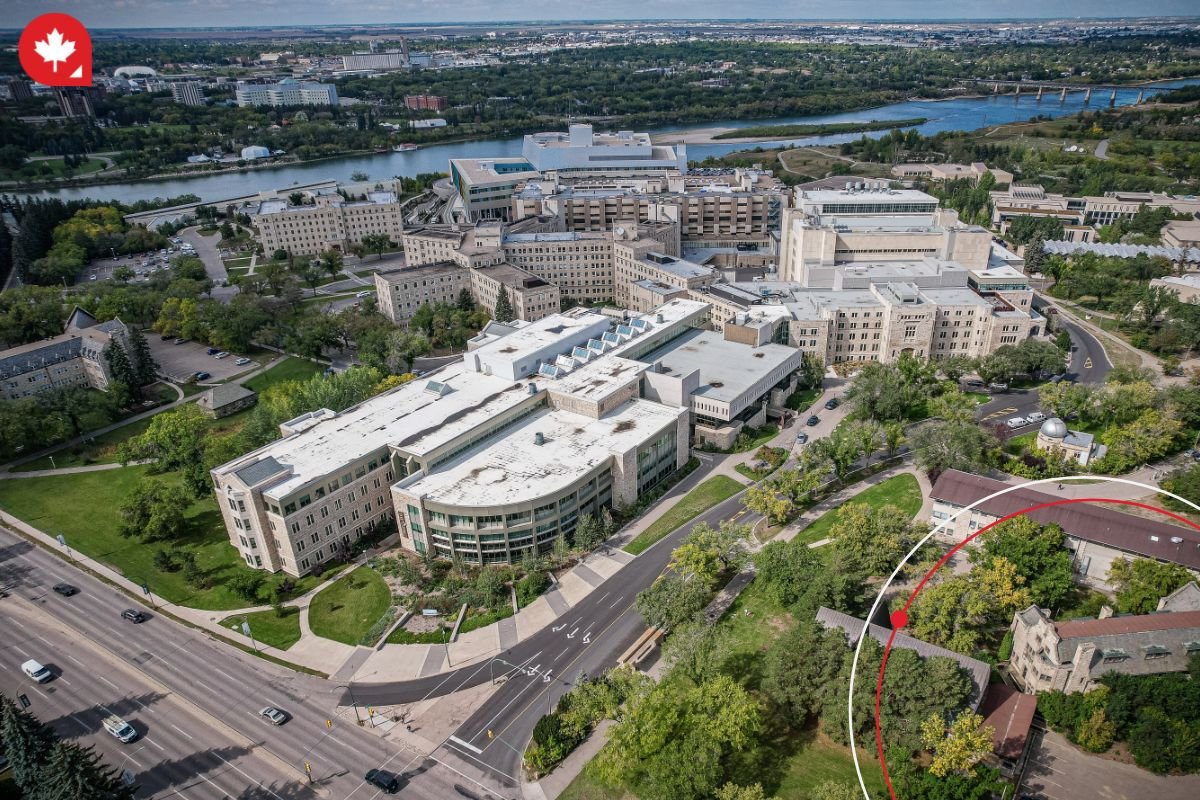Canada is home to some of the world’s most immigrant-friendly policies, and its post-secondary institutions play a key role in helping newcomers successfully transition into the workforce. Through innovative programming, career services, language training, and community integration efforts, Canadian universities are increasingly becoming vital hubs of Canadian universities' immigrant support. These institutions help immigrants develop essential skills and bridge cultural gaps, giving them a better chance at success in the competitive job market.
Newcomer Education and Credential Recognition
One of the major barriers immigrants face in Canada is the recognition of foreign credentials. Canadian universities address this challenge by offering bridging programs and academic upgrading pathways tailored for internationally trained professionals. These programs not only help validate academic qualifications but also provide industry-relevant courses and practical experiences that align with Canadian standards. This focus on newcomer education is a critical first step in job market integration.
For instance, the University of Toronto offers the ""Internationally Educated Professionals Program,"" which helps skilled immigrants adapt to Canadian workplace norms and standards. Similarly, York University runs a bridging program for IT and HR professionals, including mentorship and work placements, that helps with job market preparation.
Language and Communication Training
Effective communication is crucial for workplace success. Canadian universities provide a wide range of English and French language training programs to support immigrants. These include English for Academic Purposes (EAP), English as a Second Language (ESL), and workplace communication workshops. Some institutions, such as Simon Fraser University and Dalhousie University, incorporate intercultural communication training into their programs, helping students not only improve language skills but also understand workplace culture.
Career Services and Job Placement Support
University career centers have evolved to become integral parts of job market preparation for newcomers. Services such as résumé writing workshops, job fairs, career counseling, mock interviews, and internship placements are widely available and often tailored to meet the needs of immigrants. Ryerson University’s Career & Co-op Centre, for example, has developed initiatives specifically for international and immigrant students to help them navigate the Canadian job market.
Many institutions also partner with local employers and settlement agencies to offer experiential learning and cooperative education opportunities. These programs bridge the gap between academic learning and real-world employment, offering immigrants their first Canadian job experience—often a prerequisite for finding long-term employment in the country.
Mentorship and Networking Opportunities
Networking is a key component of job searching in Canada, and Canadian universities understand its importance for immigrants. Many universities offer mentorship programs that pair immigrants with industry professionals. These initiatives offer valuable insights into industry expectations, foster professional connections, and enhance job prospects.
For instance, the University of British Columbia's Sauder School of Business hosts a "New Canadian Professionals Program" that connects internationally trained professionals with Canadian mentors in the same field. This form of Canadian universities immigrant support builds both social and professional capital.
Supportive Campus Environments and Cultural Integration
Beyond academics and career services, universities also foster environments where immigrants feel welcome. Support services such as international student offices, multicultural centers, peer support groups, and community engagement projects help newcomers integrate both socially and culturally. This holistic approach enhances mental well-being and fosters confidence, which is critical for career advancement.
Carleton University, for example, runs the "International Student Services Office" (ISSO), which offers cultural workshops, settlement resources, and social networking events to assist with the broader newcomer education experience.
Policy and Research Contributions
Canadian universities are not only helping immigrants on campus—they’re also contributing to broader immigration policy and employment research. Institutions like the University of Alberta and McGill University publish regular studies on immigrant integration, labor market trends, and educational strategies. These findings inform national immigration policies and enhance the effectiveness of immigrant support services nationwide.
As Canada continues to attract skilled immigrants from around the world, universities are playing an increasingly central role in ensuring these newcomers are job-ready. From credential bridging and language training to career development and cultural integration, Canadian universities offer comprehensive immigrant support systems. These efforts not only help immigrants adapt but also strengthen Canada’s economic and social fabric through inclusive education and training.
FAQs
Do Canadian Universities Offer Job Search Support For Immigrants?
Yes. Most Canadian universities have career centers that offer job search workshops, résumé assistance, interview preparation, and networking events specifically designed for immigrants and international students.
What Are Bridging Programs?
Bridging programs help internationally trained professionals meet Canadian credential standards. These programs often include academic upgrading, job market orientation, and work placements.
Can Immigrants Access Language Training at Canadian Universities?
Yes. Many universities offer English and French language courses, including English for Academic Purposes (EAP) and workplace communication classes specifically designed for international students and immigrants.
Is Financial Support Available For Immigrant-focused Programs?
Some programs are government-funded or subsidized. Others may offer scholarships or flexible payment options. It’s best to check directly with the university offering the program.




